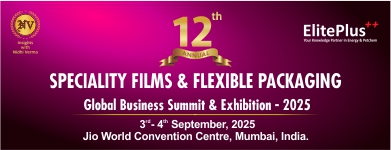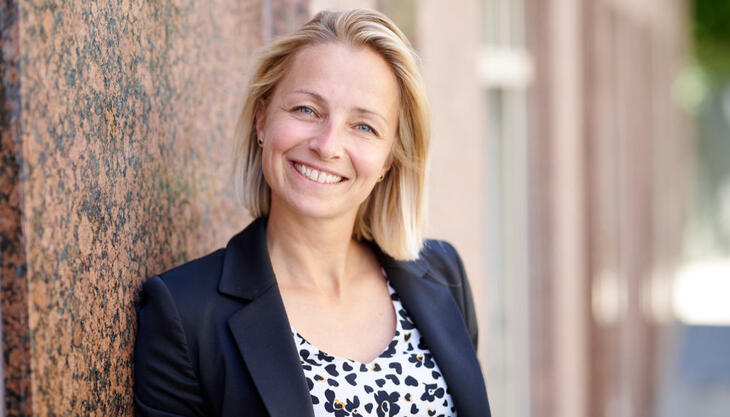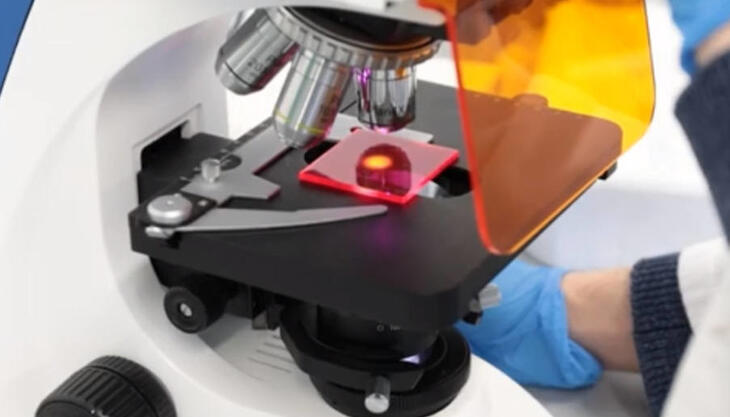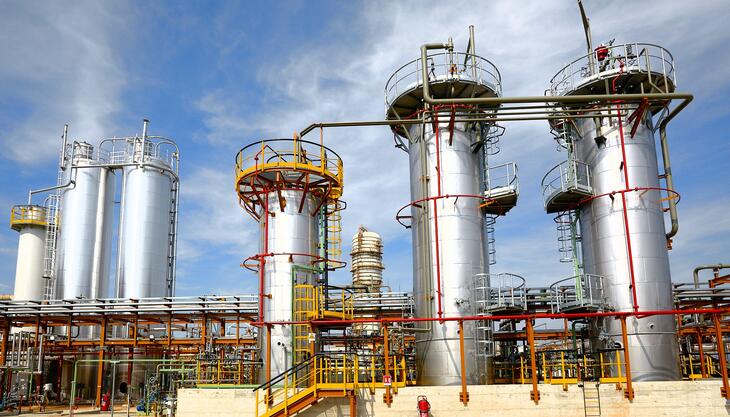Experimental project for the separate collection of polyethylene goods

Out of over 4,600 tons of plastics waste collected, almost half was found to be polyethylene, approximately 2,300 tons, which represents a small "treasure" made up of a 100% recyclable material that, if properly sorted, can be turned into new products. This is the result of the experimental project carried out between 2022 and 2024 by Ecopolietilene, a consortium of the Ecolight System that supports producers, importers, distributors, and recyclers in the management of polyethylene waste, and STR, a Piedmont-based company that handles urban waste management and treatment in the province of Cuneo. This collaboration was established to monitor and improve the management of polyethylene goods waste in urban areas.
Following the pilot project launched in 2021, which revealed that just over a third of the plastics delivered to eco-centres was made up of polyethylene goods, the two entities decided to further strengthen their partnership to experiment with the separate collection of polyethylene items. The project involved specific training for staff at STR-managed eco-centres to correctly identify these wastes. Additionally, dedicated containers were placed to collect polyethylene waste separately.
During the three years of the experiment, not only did the ability to separate plastic items from bulky waste increase, but it was also established that nearly half of the plastic waste taken to eco-centres (around 2,300 tons out of a total of 4,600 tons) could be traced to the "family" of polyethylene goods. Pipes, toys (non-electronic), household containers, gardening sheets, and bags were all selected for recycling to create secondary raw materials for use in manufacturing processes.
This initiative is part of a growing awareness campaign around polyethylene goods, aimed at enhancing a plastics fraction with significant environmental value. Polyethylene items, which are widely found in homes in the form of objects with various functions and uses, represent a resource as they are 100% recyclable. Focusing on creating a high-quality separate collection is fundamental for ensuring a sustainable pathway.
"We are proud to be part of this collaborative project with Ecopolietilene, aware of our fundamental role in the recovery process of this valuable resource, and confident that it will lead to a virtuous path that can extend nationwide," commented Piero Bertolusso, Director of STR.
"The way forward is clear: identifying polyethylene goods is a concrete commitment to building a real circular economy. Polyethylene items are fully recyclable and can be turned into new products, so it is important to begin reflecting on a specific coding for them to start sorting this material correctly and improve its collection," said Giancarlo Dezio, General Manager of Ecopolietilene. "Our consortium's commitment is to make our members key players in the ecological transition process and to create supply chains that enhance the collection of polyethylene goods."
Ecopolietilene, through a proactive role, aims to increasingly involve companies in the process of ecological transition and the enhancement of circular waste management, as demonstrated by previous projects that have turned end-of-life greenhouses into films for use in construction and corrugated pipes into new tubes.



















